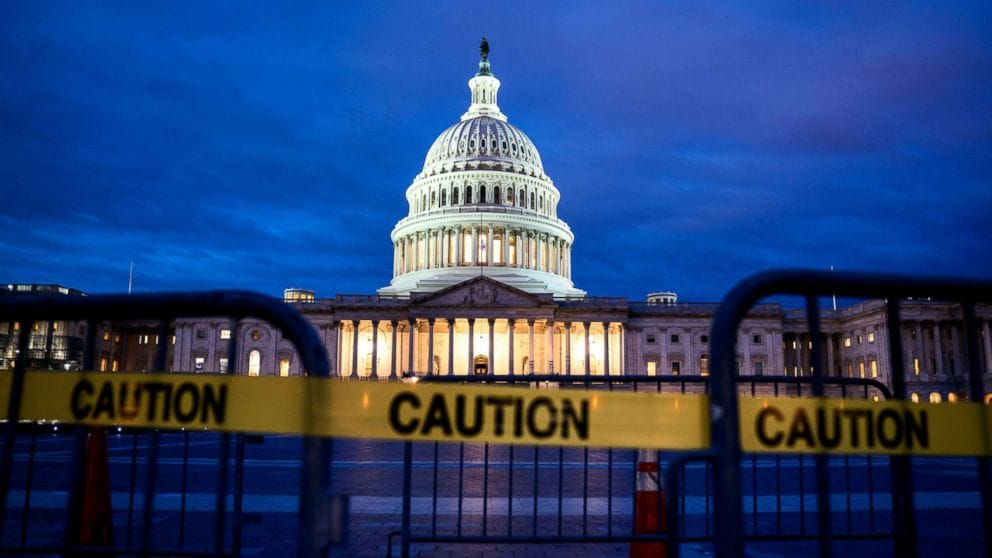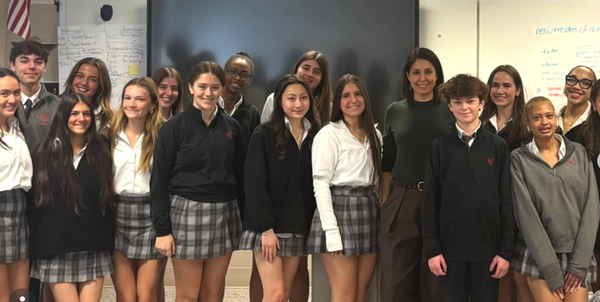How the government shutdown affected the SJC community


The historic 35-day partial government shutdown ended on Jan. 25, after impacting 800,000 federal workers. These workers include family members of St. John’s students, faculty, and staff. Many noted that the shutdown brought uncertainty to their everyday lives.
Mr. Shea’s wife was furloughed during the shutdown, which had an impact on the entire family. She works for the US Securities and Exchange Commission in the Enforcement Division, where they catch “people [who] are violating things with mutual funds or lying to investors,” according to Shea. Without her at work, people might have been able to take advantage of people who don’t have advanced knowledge about the stock market.
As the main income provider, the loss of her paycheck added stress to the household, a feeling many families experienced during the shutdown. Throughout the 35 days, this family was wondering “how long she’ll have to go without a paycheck, it’s one of those things with a kid in daycare, a mortgage and student loans, this better end sooner rather than later.” After weeks of cleaning the house and no end in sight, she filed for unemployment. She noted that the forms were difficult to fill out, even with her advanced education. After returning to work, she still had not heard back about her unemployment request.
An SJC junior who asked to remain anonymous is one of the many in our community to be affected by the shutdown. “My mom works for the Office of Air and Radiation at the EPA,” said the junior, and “when the government shuts down…you need to shut all the systems down, and it’s relatively complicated, and she is in charge of doing that.” The junior’s mom was an unpaid stay-at-home mom during the shutdown and she risks being one again in the next couple weeks if the government shuts down again.
The junior said the shutdown “is a huge problem for people who are living paycheck to paycheck. It is very stressful. They [my parents] have tuition to pay for me and my brother. They also have medical bills.” After workers missed their second paycheck, the junior questioned: “When is this going to end? People just have to stop working while the politicians get paid. Fundamentally, why can that happen? It is not fair.”
Solution? The SJC junior simply proposes that the government must continue to be funded. She recalls from her personal experience that a government shutdown is a tedious process to close and reopen. She believes there must be “give on both sides,” but that the president “is asking for unnecessary things” as there is a “bigger crisis in people not having jobs than a wall. More internal problems like gun violence and education.”
Recently, in the State of the Union address, President Trump appealed for bipartisanship and cooperation. However, the state of the union is uncertain as another government shutdown will possibly occur on Feb. 15 and no wall negotiations have been presented. What is certain is that the St. John’s community has been and still is being affected by this shutdown – and the possibility of another one.




